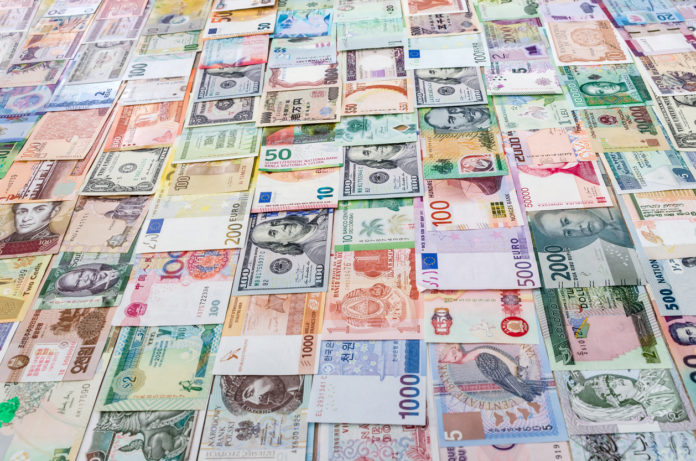Recent global events had a huge impact on global economies. Unemployment rate soared, stock markets plunged and many industries completely shut down. This turbulence also had a huge impact on the global forex trading market and currencies. The market experienced a huge volatility and currencies lost or gained value in levels rarely seen in the financial markets. This article will review its impact on the major currencies.
United States Dollar (USD)
Recent unemployment data released in the US revealed that unemployment rate in the country has risen to 14.7%, the highest number since the Great Depression the country experiences in the 30s. This comes as no surprise as the US economy goes through one of its worst times. In response to the crisis, the US congress has prepared a $2.2 trillion budget to support US businesses.
However, the global crisis has had an overall positive affect on the USD. The demand for the American currency which accounts for 70% of the foreign exchange reserves of central banks worldwide has helped the USD value reach new highs and gain in value relative to many other currencies, including the euro and the British Pound.
British Pound (GBP)
The UK was one of the last countries in Europe to declare a lock down – on March 23rd, and became one of the countries with the highest number of Coronavirus casualties in the world. The country’s currency – the British Pound reacted accordingly and reached its lowest value since the 70s – $1.14. It has later gained some of its value back and its current value is $1.24.
Euro (EUR)
EU countries like Italy and Spain suffered a huge blow from the global pandemic. With collapsing health systems and rising death tolls, total shut down was inevitable. In the last couple of weeks, European governments are making an effort to gradually ease the lock down and reignite their countries’ economies and the European Central Bank (ECB) announced they will support the European countries and their economies with a €750 billion aid.
The situation had a negative impact on the euro, which dropped against the dollar – dropping from a $1.14 high at the beginning of March to $1.068 low at March 19th. It has later gained some of its value back but is still traded at a relatively low value against the dollar.
Japanese Yen (JPY)
Japan was one of the first countries in the world to report Covid-19 cases in its boarders and like many other countries had to take measures to prevent and mitigate the outbreak. Its economy also took a hit. and the Japanese government has approved a 108 trillion yen ($990 billion) package to help the businesses and citizens of the country.
The Japanese Yen is considered a safe haven by many investors, which means that in times of instability and uncertainty investors tend to invest in it. That’s why it remained strong during this crisis.
Swiss Franc (CHF)
Since the 2008 economic crisis, Switzerland has become one of the most stable economies in the world and its currency, the Swiss Franc is considered a safe haven for investors. Although the Swiss economy took a hit during the Covid-19 crisis, its currency remained strong. The Swiss government announced a CHF 40 billion package to support its citizens and businesses










